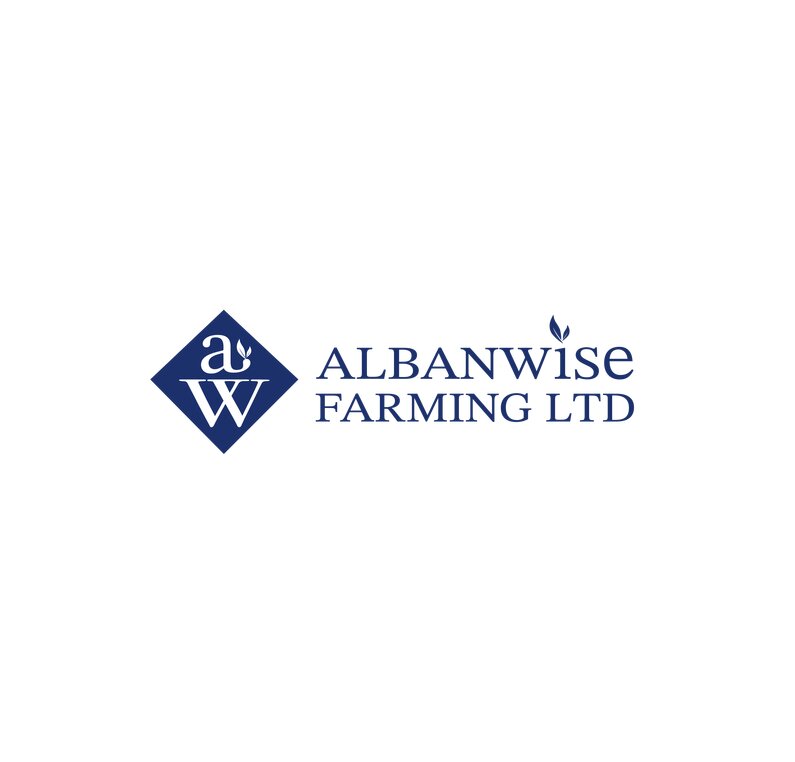
Albanwise
Albanwise Farming Ltd aims to balance commercial and environmentally sustainable food production. The wider Goups’s “Sustainable Living” principles, guide our mission for responsible growth by capitalising on and increasing financial, social and natural resources.
Farming - Albanwise farms over 12,000 hectares in Norfolk and Yorkshire and grows cereals, seed potatoes, ware potatoes, oilseeds, fresh peas, sugar beet, forage maize, grain maize, rye and sunflowers.
Soil management, habitat and water protection are at the heart of our agricultural philosophy. The integration of livestock helps increase soil organic matter and 2000 hectares of cover crops improves structure and nutrient retention. Regenerative farming principles form the backbone of our rotational practices.
Our aim is to be early adopters of new technology with Global Positioning Systems optimising crop establishment time and reducing fuel use. All applications equipment uses technology to apply inputs accurately and sparingly. Our team is increasing the use of drones for crop management.
People - At Albanwise our people and communities are extremely important. From training programmes to health and safety, teamwork is key to our staff’s wellbeing. Good relationships with the communities we operate in, are a strong part of our ethos. They are our customers, future workforce and share the environment we all live in.
Environment - The Albanwise Group has a specialist environmental services team who oversee the environmental work, with every farm engaged in an environmental stewardship scheme. There are thousands of landscape trees; 165 miles of hedgerows; 40 miles of public footpath and 20 listed properties situated in landscapes of national and historical importance. Albanwise Environment are at the forefront of developing revenue streams from the new world of Biodiversity Net Gain, Nutrient Neutrality and Carbon Accounting.
Across the estates various renewable energy schemes have been reviewed and implemented to meet our net zero targets.
This whole multi-functional landscape approach stems from a recognition to identify, understand, respect and develop the unique character of each individual farmed estate.
Scholars Sponsored
Only most recent are listed.